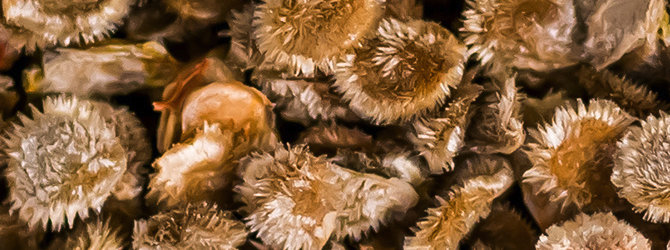If you want to grow your own tomato to enjoy over the summer, then you first need to decide if you want to grow your own
- Salads
- Sauces & Cooking
- Snacking
- Something new!
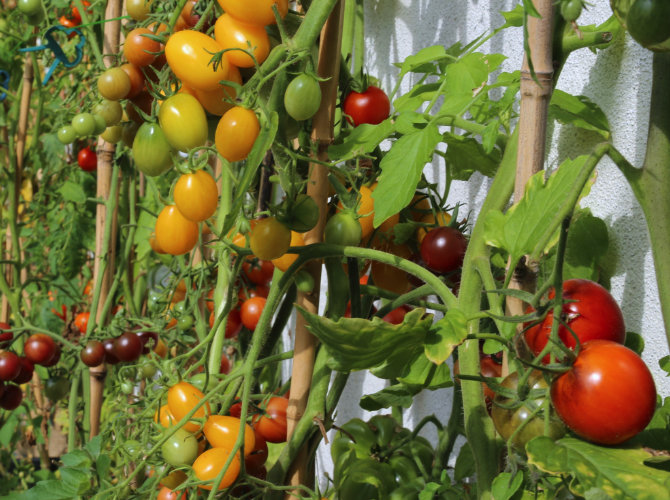
Salad Tomatos
Are often small to medium sized tomatoes, super sweet and give great
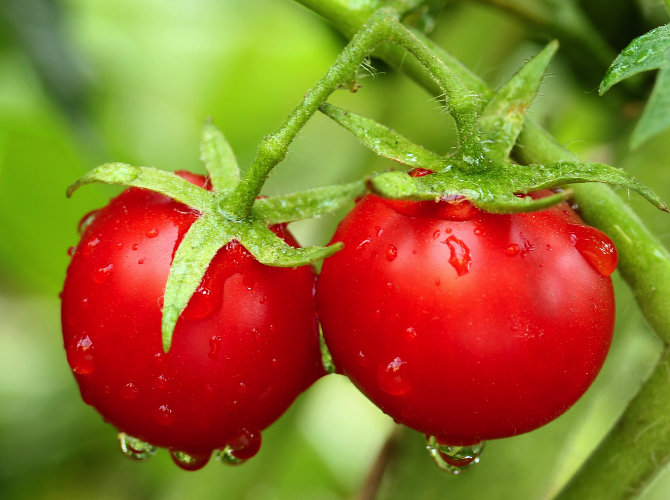
Sauces & Cooking
Nothing beats a quality Italian tomato to make your own cooking sauce, puree or ketchup. Roma tomato and San Marzano are our flavors when it comes to producing a quality crop of tomatoes best suited for sauces. If you prefer to get a nice juicy tomato to go with your summer BBQ then look no further than the Beefmaster F1 tomato grown to produce a big heavy tomato that’s ideal to be sliced and served up as a side dish or on the BBQ!
Note: Most beefsteak tomatoes will require some support as they tend to become too heavy for the plant to support.
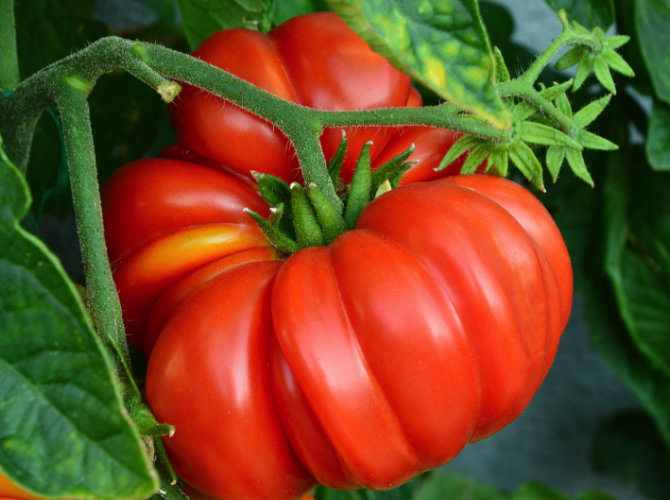
Snacking
Something small, easy to pick and eat? Cherry tomatoes
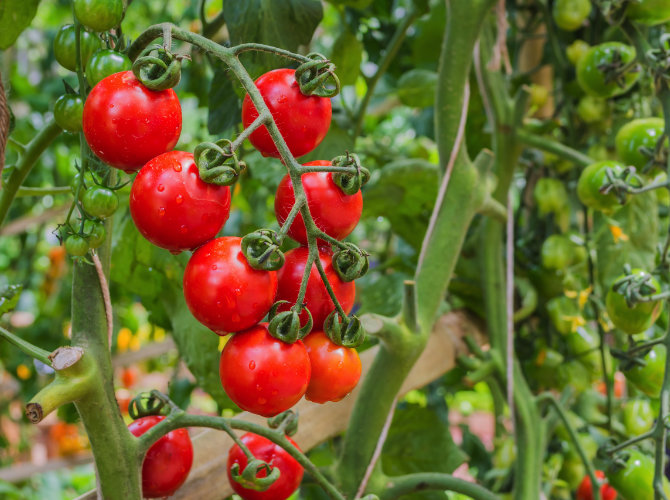
Something different
Yellow, Brown, Black, Brown, Orange, Green & Multicoloured tomato are all in fashion. They come in a wide range of varieties from the super sweet golden yellow sunrise to the wonderful tigerella tomato that once matures displays a bright mix of green to red colours.
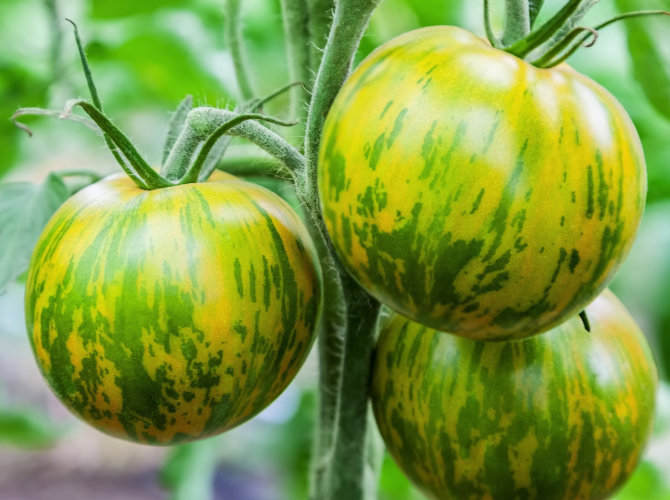
Whichever type of tomato you choose to grow they all start off the same and all require the same care and attention.
When to start tomato seeds?
This is a tough one, everyone has a different start date they like to get their seeds sown. You have some options.
If you have access to grow lamps and heat then you can get your tomato seeds sown as early as December.
If your a more traditional gardener with access to a heated propagator or heated grow pad then January is a good time to get the seedlings established.
First time growing with limited space and set up? The rule of thumb depending on where you are based in the UK you want to start your tomato seeds 4-6 weeks BEFORE the last frost in your area. So March or April.
December tomato seed sowing
Place your seeds in some soil using a heated propagator to maintain a steady heat of around 18c if you can’t adjust the thermostat that’s fine the automatic ones keep the heat normally around 3c higher than room temperature. You will need a grow light to mimic sunlight.

Place your seeds in some soil using a heated propagator to maintain a steady heat of around 18c if you can’t adjust the thermostat that’s fine the automatic ones keep the heat normally around 3c higher than room temperature. You will need a grow light to mimic sunlight.
Idealy you want to place the heat tray and grow light inside a box or grow tunnel you can make a simple grow box by lining the inside with tin foil so the light bounces around the box and ensures an even covering.
You will need to keep your plants inside this box for 4 weeks or so. The only
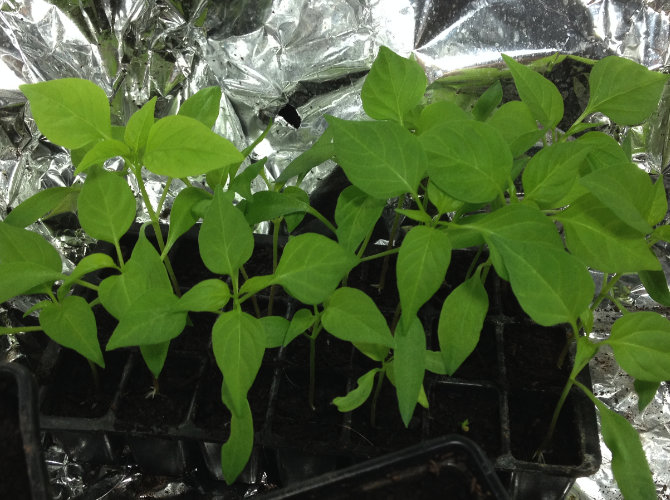
Late January you can begin to turn the light off and let your plants get used to living with the support for a grow light and without the heat mat. DO NOT expose them to outside air just yet otherwise the shock will kill them.
As spring starts to come around early March being by moving your tomato plants out to the greenhouse and bring them back inside the house overnight you will need to do this for around 2 weeks to get the plants established and hardened off to living outdoors. After 2 weeks, transplant the plants to a final potting position and let them grow as normal.
January tomato seed sowing
Much like the steps above however you don’t need the grow lights. A heated propagator will do the job
Once the seedlings have 2 true leaves pick them out carefully and transplant to a 9cm pot. Keep them on heat to encourage a strong root system at the beginning or mid-
Harden off tomato plants as mentioned above by moving them outside during the day and bringing them back inside overnight.
A
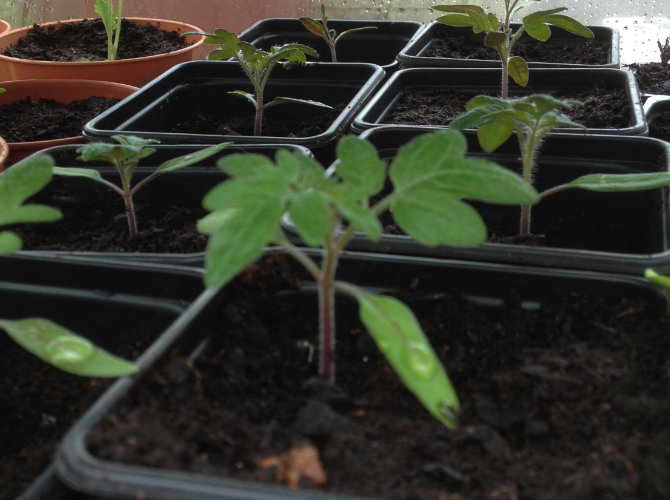
Sow tomato seeds before last frost
All you need for this is a simple plastic

Once germinated keep the young tomato plants moist, as soon as two true leaves
If your final growing position is the
Protect them with plenty of slug pellets as young seedlings this time of year are a quick and easy snag for slugs!
How to grow Tomatoes from seed?
On average tomato seeds take 7 – 14 days to germinate.
Tomato seeds are best sown in the greenhouse or polytunnel. Since tomatoes need a long growing season, start seeds indoors as early as January or February for greenhouse crops, or March and April for outdoor crops.
Starting Indoors: Start by sowing seeds in trays of good compost 2cm apart, in modules with 2 seeds per cell, or in peat pots.
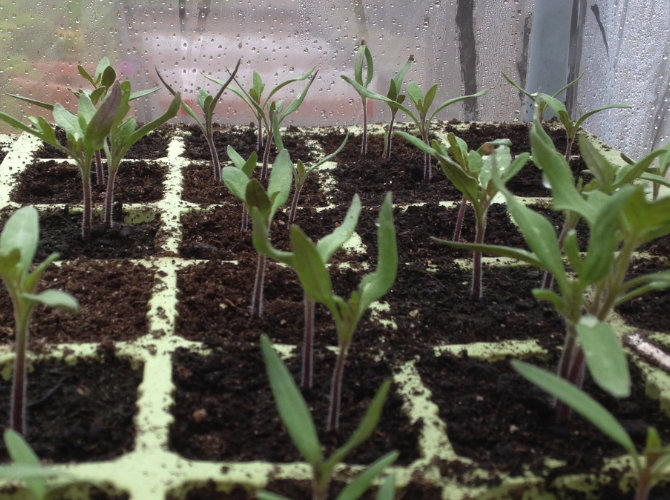
Cover with glass or plastic to make sure soil after gently watering to ensure the soil stays evenly moist. Keep soil temperature to about 18C. Germination takes about 7-14 days with heat and up to two weeks without.
Remove the glass/plastic cover once seedlings appear. Transplant into small pots as soon as 2-4 true leaves have formed. Thin module seedlings to one per cell. When the first truss of flowers
When growing tomatoes outdoors, wait until all risk of frost has passed before transplanting. Also, make sure to harden the plants off, gradually acclimatize them to outdoor conditions over a period of 7-10 days before planting out.
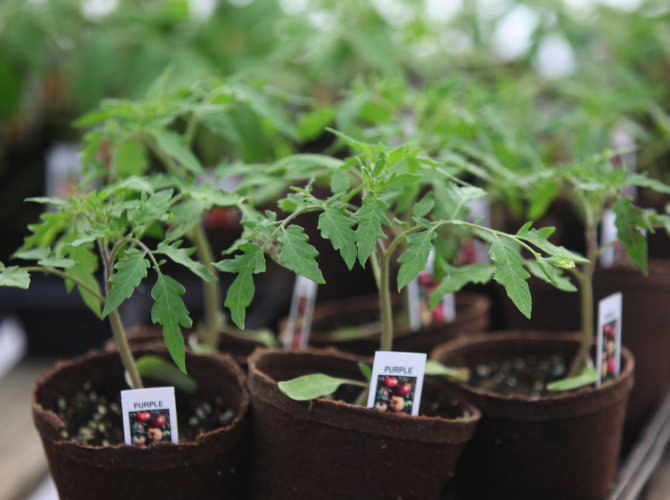
Set plants 24-36″ apart in rows 3 to 4inches apart in full sun. The Golden Sunrise is a cordon (vine) tomato and needs some sort of staking or other support.
Direct Seeding: In shorter, cooler growing seasons, it is possible to get a crop of tomatoes direct seeded. Simply sow seeds in rich soil in late June. Once seedlings arise, thin to 24-36″ apart with 3-4′ between rows
Tomato Maintenance
Stake the plants by tying the stem loosely to a cane or other support. Tomato plants perform best when there’s good airflow around the foliage. To prune, remove the side shoots above the leaf joint when they reach 2cm length. Take out the growing point when the plants reach the greenhouse eaves or the top of the cane outdoors.
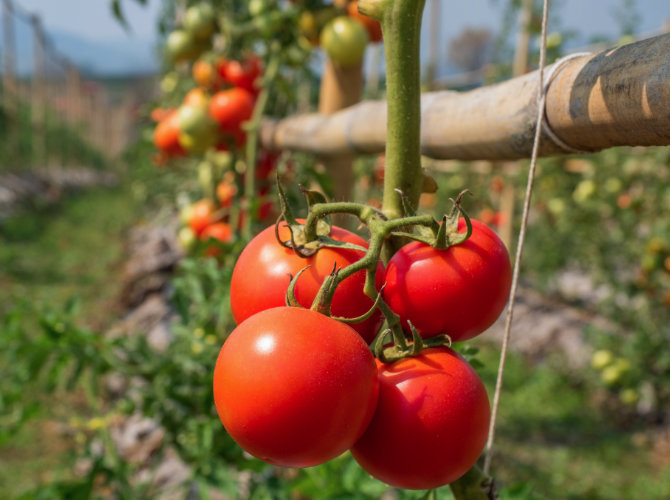
Water regularly, but be careful not to overdo it with this variety. A good amount of regular watering will make a juicier fruit, but overwatering is sure to make them crack.
Companion Planting for Tomato Plants
Tomatoes enjoy the company of basil, the onion family, nasturtiums, marigolds, asparagus, carrots, parsley, cucumber, and mint.
Avoid
Can you eat Tomato seeds?
Yes, any tomato plant you grow once you harvest the fruit you can eat the tomato seeds inside. There have been reports recently that tomato seeds are better than aspirin!
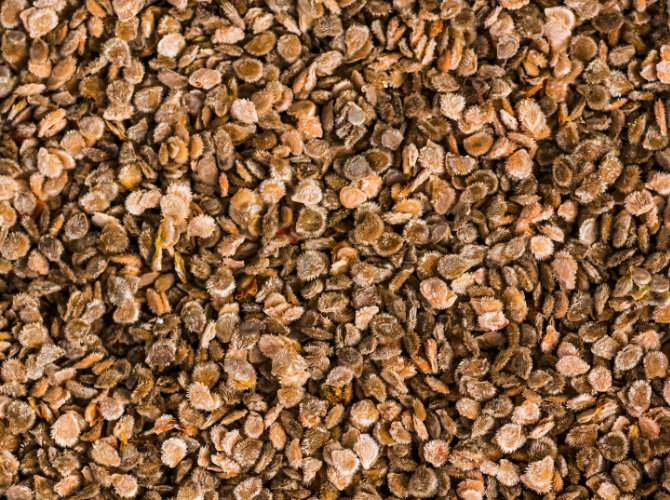
The natural gel found in tomato seeds can help maintain a healthy blood circulation by preventing blood from clotting, according to clinical trials
It is not however recommended NOT to eat tomato seed bought for planting. Some tomato seeds for growing unless you are planting organic tomato seeds. May have been
It is not however recommended NOT to eat tomato seed bought for planting. Some tomato seeds for growing unless you are planting organic tomato seeds. May have been
Common Tomato Problems
Tomato Blight
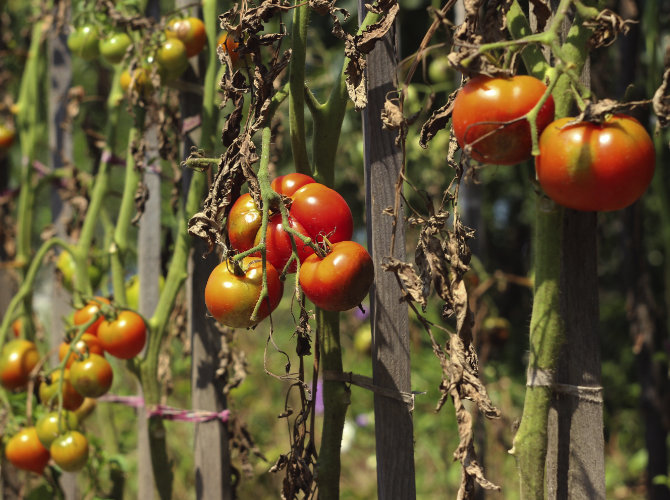
Potato and tomato blight is an infection caused by a growth like life form that spreads quickly in the foliage and tubers or product of potatoes and tomatoes in wet climate, causing breakdown and rot.
It is a genuine sickness for potatoes and outside tomatoes, yet not as basic on tomatoes developed in nurseries.
Blight is explicit to tomatoes, potatoes and some decorative relatives of these two yields.
Tomato blight symptoms:
- The symptoms on tomato leaves and stems are similar to those on potatoes
- Brown patches may appear on green fruit, while more mature fruits will decay rapidly
Once your plants have picked up blight there is very little you can do, cutting away the infected leaves or vines can help however it is often best to remove that entire plant to prevent disease spread.
One of the easiest ways to try and avoid tomato blight is to avoid using a watering can rose or whose. And water direct to the base of the plant. Avoid getting the
Tomato Splitting
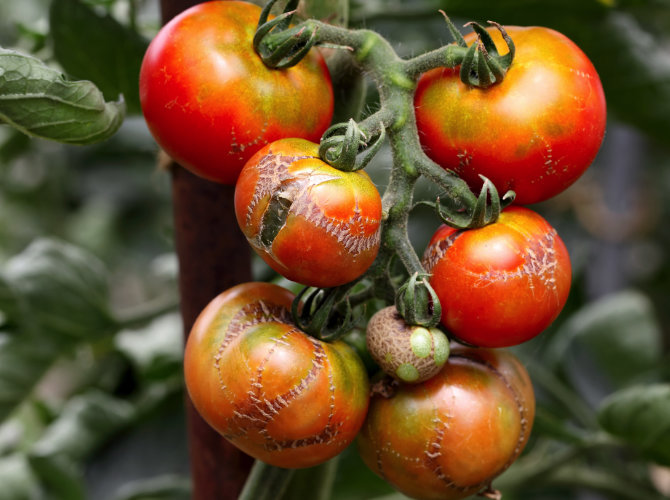
Overwatering and underwatering are the number one cause to tomatoes splitting. If the plan is under stress from lack of water which can be the problem in a polytunnel where wateringcan evaporate quickly and more so if you are growing your tomatoes in pots.
Just as under watering is a problem
in the water,
To avoid your fruit splitting is it advised to established a regular watering pattern mornings are best however during high
